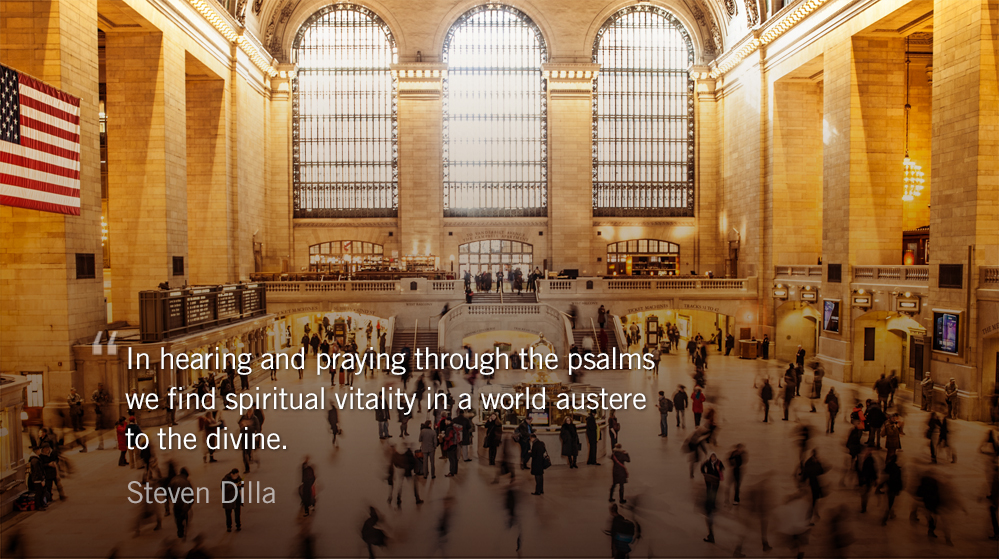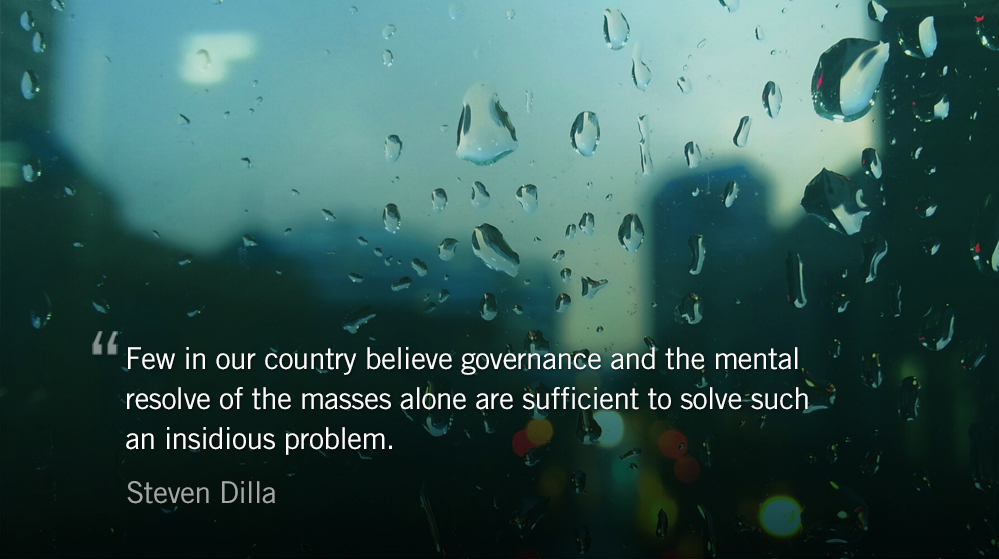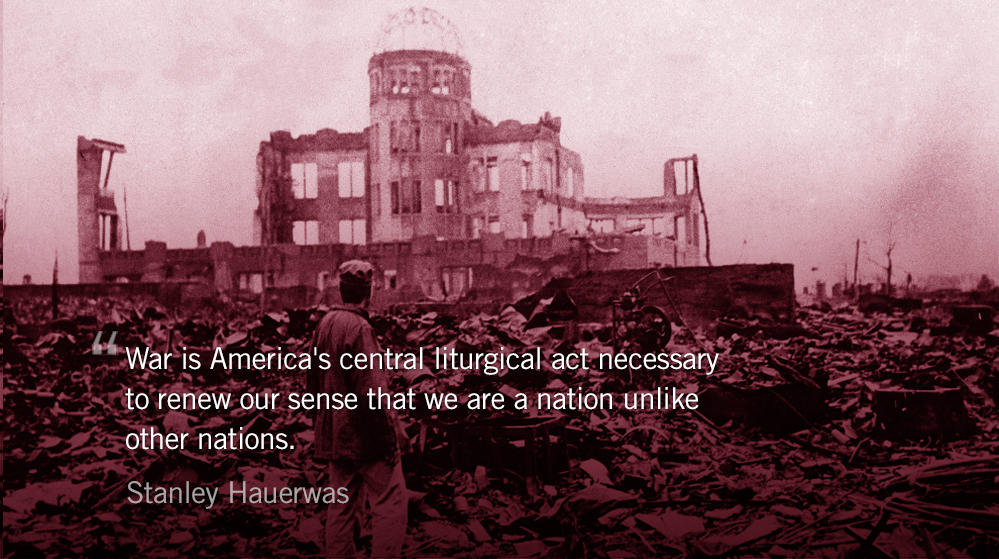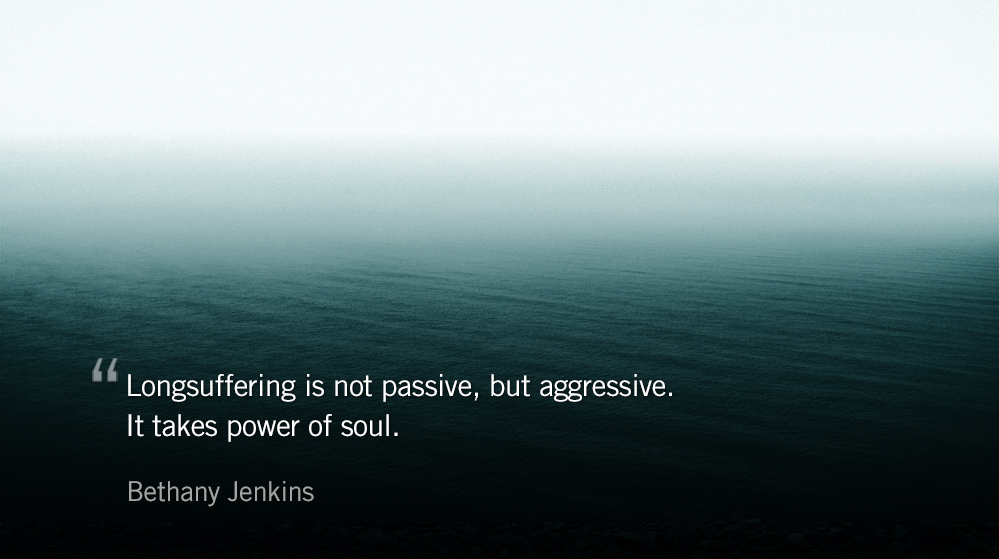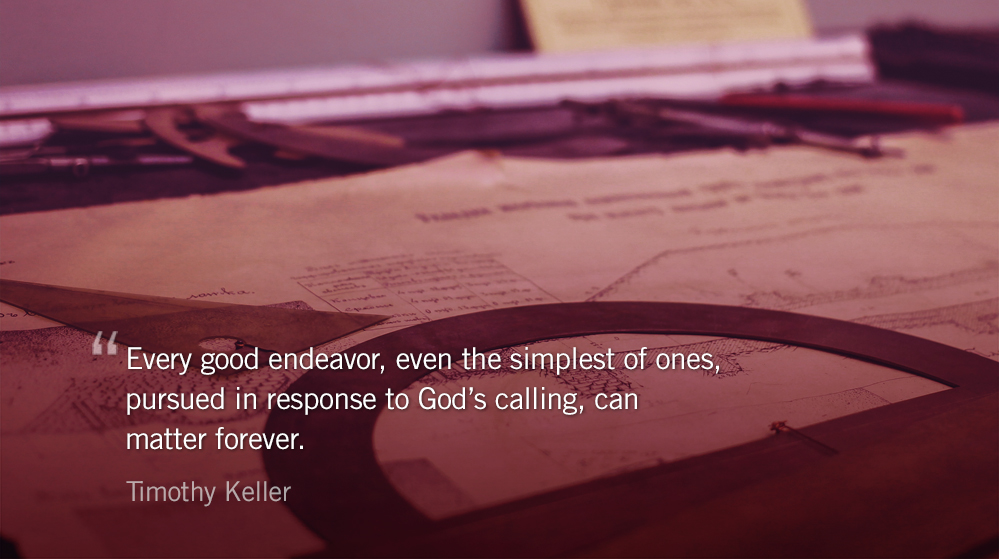Readers’ Choice (originally published June 12, 2015)
“I love the Park Forum’s consistency and point of view on how faith and work intersect. It really helps me reframe my mornings” — Leiv
Psalm 104.1
Bless the LORD, O my soul!
The beauty of the psalms is they are not simply inspiration and instruction, but example. In hearing and praying through the psalms we find spiritual vitality in a world austere to the divine.
The idea of commanding one’s soul to bless the Lord, as the Psalmist does five times in Psalms 103-104, can seem trite and overly emotional — but this is far from the holistic rejoicing the psalmist had in mind.
In his journals Jonathan Edwards reveals the way his spiritual life is burdened by stresses of his vocation. He creates space to recenter himself on Christ through the scriptures, prayer for others, and community. And in this, he rejoices in the joys of his Heavenly Father:
“Tuesday, June 26. In the morning my desires seemed to rise, and ascend up freely to God. Was busy most of the day in translating prayers into the language of the Delaware Indians; met with great difficulty… But though I was much discouraged with the extreme difficulty of that work, God supported me; and especially in the evening gave me sweet refreshment.
“In prayer my soul was enlarged, and my faith drawn into sensible exercise; was enabled to cry to God for [them]; and though the work of their conversion appeared impossible with man, yet with God I saw all things were possible.
“My faith was much strengthened, by observing the wonderful assistance God afforded his servants Nehemiah and Ezra, in reforming his people, and re-establishing his ancient church.
“I was much assisted in prayer for dear christian friends, and for others that I apprehended to be Christ-less… [I] was enabled to be instant in prayer for them; and hoped that God would bow the heavens and come down for their salvation. It seemed to me there could be no impediment sufficient to obstruct that glorious work, seeing the living God, as I strongly hoped, was engaged for it.
“I continued in a solemn frame, lifting up my heart to God for assistance and grace, that I might be more mortified to this present world, that my whole soul might be taken up continually in concern for the advancement of Christ’s kingdom: longed that God would purge me more, that I might be as a chosen vessel to bear his name among the heathens. Continued in this frame till I dropped asleep.
Daily Reading
1 Samuel 1 (Listen 4:13)
Romans 1 (Listen – 5:02)

